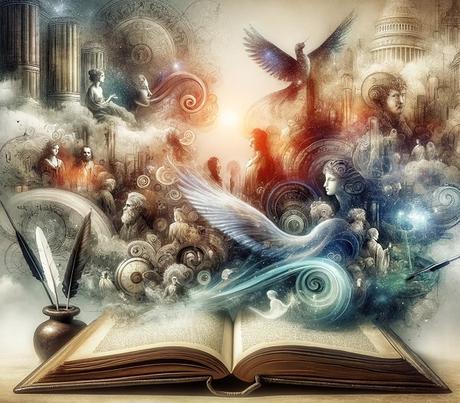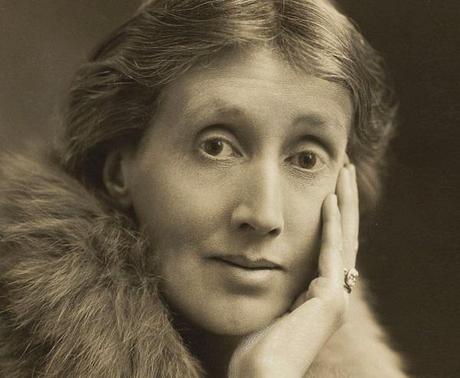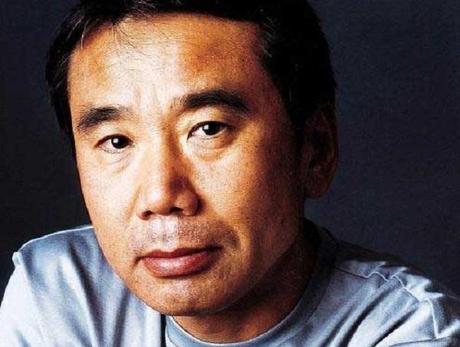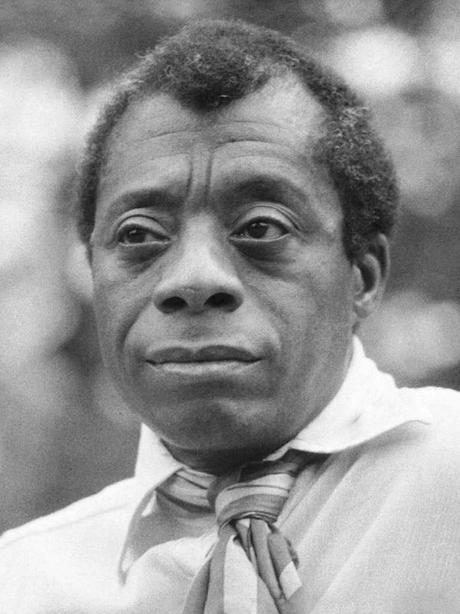
In the grand tapestry of human history, few threads are as vibrant and enduring as the written word. Literature, in its myriad forms, can transcend time, culture, and geography, shaping the essence of our experiences and beliefs. Among the countless scribes who have wielded their pens throughout the ages, a select few stand tall as beacons of inspiration and influence. These are the literary titans whose voices have echoed across centuries, whose stories have become part of our collective consciousness, and whose insights continue to illuminate the human condition. In this journey through the annals of literature, we invite you to explore the lives and legacies of some truly influential authors. From the poetic tragedies of ancient Greece to the introspective modern novel, these authors have mastered the art of storytelling and profoundly shaped the course of literary history. Join us as we pay homage to these architects of imagination, whose works continue to captivate, challenge, and change the world, one reader at a time. This article explores ten of the most influential authors of all time, delving into their lives, their most significant works, and their lasting impact.
William Shakespeare
Shakespeare, often referred to as the Bard of Avon, is a towering figure in English literature. His plays, including “Hamlet,” “Romeo and Juliet,” and “Macbeth,” have been celebrated for their profound exploration of the human condition. His language mastery and insights into human nature have made his works timeless.
Jane Austen
Austen’s novels, including “Pride and Prejudice” and “Emma,” are renowned for their wit, social commentary, and keen observation of 19th-century English society. Her works have inspired countless adaptations and continue to be beloved by readers worldwide.
Leo Tolstoy
Russian author Leo Tolstoy, known for his epic novels “War and Peace” and “Anna Karenina,” delved into war, love, and morality themes. His exploration of philosophical issues in his novels has profoundly influenced the development of modern literature.

Virginia Woolf
A central figure in the Bloomsbury Group, Virginia Woolf revolutionized the novel with her stream-of-consciousness style. Her works, such as “Mrs. Dalloway” and “To the Lighthouse,” are celebrated for their innovative narrative structures and exploration of the inner lives of her characters.
Gabriel García Márquez
Márquez, a Colombian novelist, is known for popularizing magical realism, particularly through his masterpiece “One Hundred Years of Solitude.” His works blend the magical and the mundane in a way that has reshaped storytelling.
Charles Dickens
Dickens’ works, including “Great Expectations” and “A Tale of Two Cities,” are known for their vivid characters and detailed depictions of Victorian England. His novels brought to light the social and economic struggles of his time, making him not just a literary giant but also a social commentator.

Haruki Murakami
Murakami’s novels, blending the mundane with the surreal, have garnered a global following. Works like “Kafka on the Shore” and “Norwegian Wood” are celebrated for their unique style and exploration of complex themes like loneliness and alienation.
Homer
The ancient Greek poet Homer, credited with “The Iliad” and “The Odyssey,” has had an immeasurable impact on Western literature. These epic poems have become foundational texts, shaping the Western narrative tradition.

James Baldwin
An American novelist and social critic, Baldwin’s works like “Go Tell It on the Mountain” and “Giovanni’s Room” are lauded for their profound exploration of race, sexuality, and identity in America.
Mary Shelley
Shelley’s “Frankenstein” is a groundbreaking work of science fiction and a profound exploration of themes like creation, responsibility, and the nature of humanity.
These authors have left indelible marks on the world of literature and beyond. Their works challenge, inspire, and resonate with readers of all ages. They remind us of the power of words to change the world, to shape societies, and to reflect the complexities of the human spirit.
As we reflect on these literary giants, let us also consider how literature continues to evolve and influence our world today. Who are the authors that speak to our current times, and how will their works be remembered in the future?
Join the conversation and share your thoughts! Who would you add to this list? Which authors have influenced your thinking and your life? Share your favourites in the comments below, and let’s celebrate the enduring power of great literature together!

